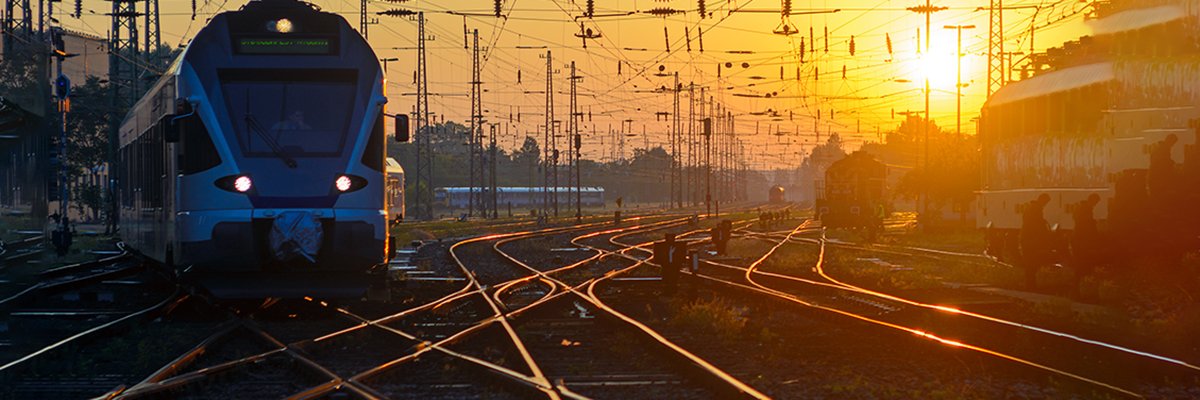A “nationwide fault” with the onboard radio communications system used by train drivers and signal operators has caused major disruption across the UK's rail network, according to National Rail.
The Global System for Mobile Communications-Railway The (GSM-R) failure – which is designed to allow continuous digital communication between drivers and signallers in areas such as tunnels that were previously unreachable by analogue systems – was linked to the overnight installation of new hardware at a major telecommunications hub in Stoke.
The unspecified hardware was installed as part of an upgrade to the system, which was rolled out to increase the safety of the UK's train network and reduce the costs associated with running a patchwork of legacy systems.
National Rail said the fault – which specifically disrupted the GSM-R's automated login process – “meant trains were unable to register onto their route for the start of service and deregister to end their service”.
This prompted staff to connect manually via a “wild card” code, akin to a Wi-Fi password, that allowed them to once again communicate with the national network. However, use of the manual process delayed many trains by up to 15 minutes, while others were subject to cancellations or alterations as a result.
The BBC reported that the “well-rehearsed” implementation of the manual backup system meant no safety-critical issues occurred while the fix was underway.
The problem affected at least 10 rail lines across the country, including Great Northern, Northern, ScotRail, Southeastern, Southern, South Western Railway, Thameslink, Gatwick Express, Heathrow Express and the Elizabeth tube line.
Although the problem was fixed within around three hours of being reported, National Rail said there may be some residual disruption while timetables are restored.
For those seeking compensation, it added that customers should keep hold of train tickets and make a note of their journey, as both would support any claim.


